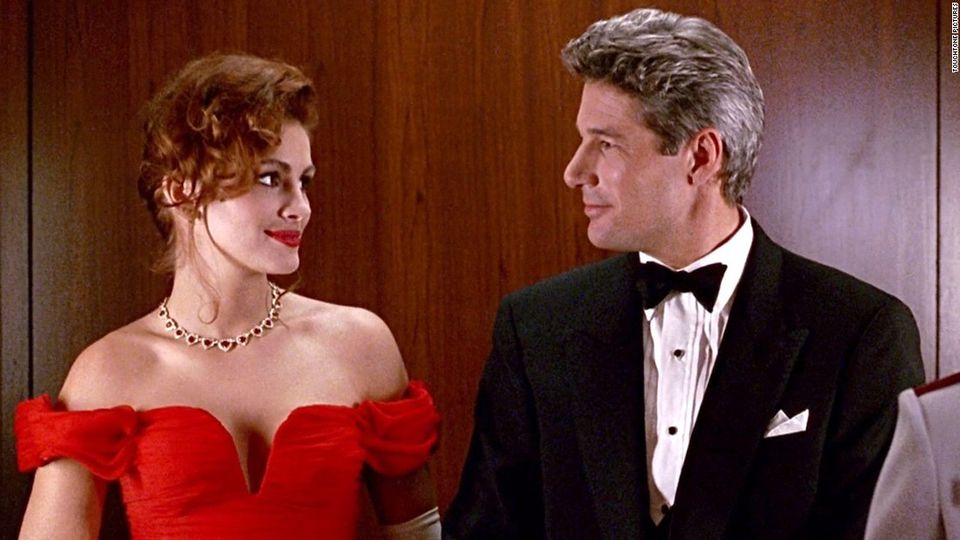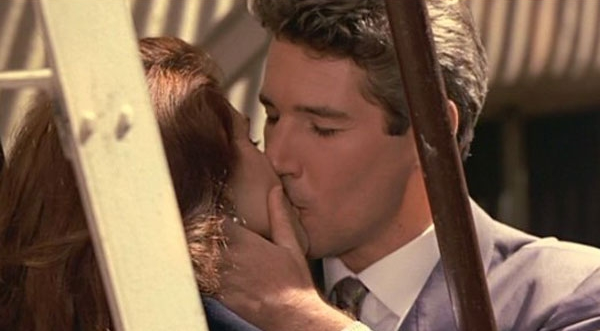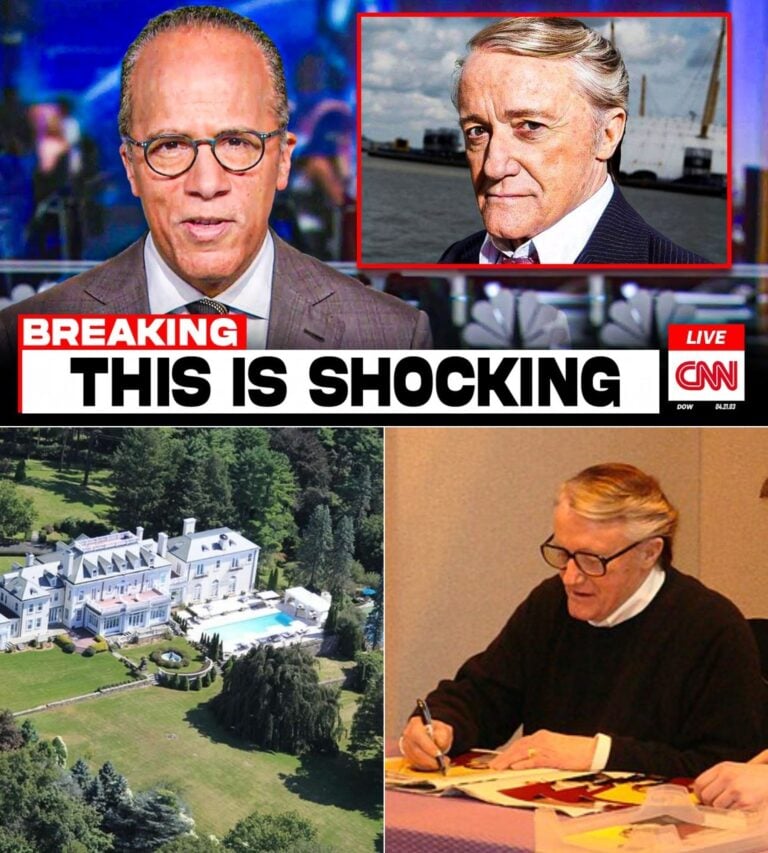Before it became one of Hollywood’s most beloved romantic comedies, Pretty Woman was never meant to be a fairy tale — it was a gut-wrenching tragedy that almost never saw the light of day.

The 1990 blockbuster that catapulted Julia Roberts and Richard Gere to superstardom originally had a shocking, grim ending so devastating that early test audiences were left sobbing in disbelief.
The original script, written by Jonathan Frederick Lawton and titled 3000 (a reference to the amount Edward paid Vivian), was nothing like the glossy, feel-good love story the world knows today. Instead, it was a raw, painful look at addiction, exploitation, and broken dreams.

In the original version, Vivian wasn’t the quirky, big-hearted heroine we fell in love with — she was a drug-addicted sex worker, living on the edge of survival. Edward, far from being the charming, wounded businessman, was emotionally vacant and manipulative, treating her as nothing more than a purchase.
The film’s climax was brutally cold. After their week together, Edward throws money in Vivian’s face, dismisses her, and drives away — leaving her screaming in an alley, her dreams shattered. There was no limo, no white flowers, no fairy-tale rescue — just silence, despair, and the harsh reality of the streets.
When Disney acquired the project, they held test screenings… and the reaction was disastrous. Viewers were horrified. Some walked out. Others demanded refunds.

Executives realized that audiences had connected deeply with Vivian — but they wanted to see her saved, not destroyed. So, they brought in director Garry Marshall, who completely rewrote the film’s tone.
Out went the cynicism and drug addiction. In came charm, humor, and redemption. The story became a Cinderella fantasy — a rich man saves a poor woman, love conquers all, and the world sighs in contentment.
The transformation worked. Pretty Woman became a box-office sensation, grossing over $463 million worldwide, turning Julia Roberts into America’s sweetheart, and redefining the modern rom-com.

Yet, the shadow of that original ending still lingers — a reminder of the film’s true roots: a brutal commentary on class, power, and the commodification of love.
Many critics and cinephiles argue that Hollywood’s rewrite erased a vital conversation about addiction, poverty, and the human cost of survival. The result? A glossy fantasy where pain was replaced by pearls — and a cautionary tale became a dream.
🎞️ “In another world,” Lawton once said, “Vivian didn’t get saved. She had to save herself.”
🔥 And that’s the version that never made it to theaters — the one that broke hearts before it ever gave them hope.





